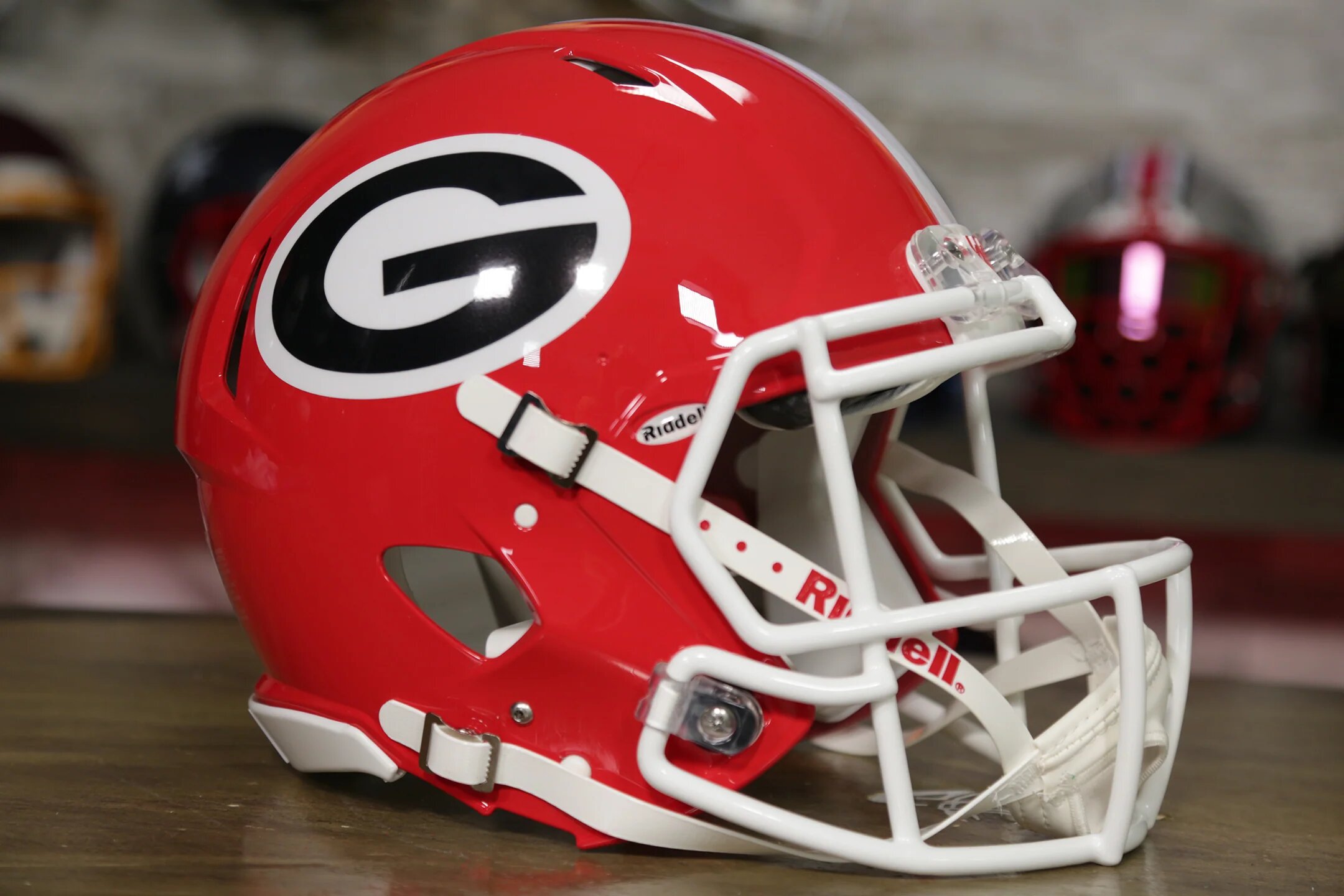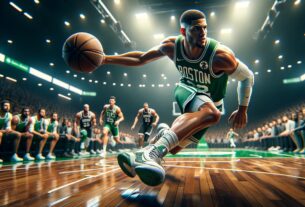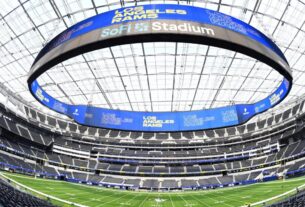Five Reasons the Packers’ Micah Parsons Trade Isn’t as Good as It Looks:
1. Severe Salary-Cap Strain
By acquiring Micah Parsons, the Packers committed heavily to one of the NFL’s richest contracts for a non-quarterback—four years, $188 million, with $136 million guaranteed NFLTradeRumors.coWindy City GridironThe Score. Moreover, alongside Jordan Love’s hefty deal, the team now has over $100 million annually tied to just two players Pride Of DetroitSIYardbarkerNFLTradeRumors.co. This leaves minimal flexibility for addressing other roster needs or retaining emerging talent.
Several key players from the 2026–2027 free-agent pool—like Walker, Doubs, McDuffie, and Enagbare—will put pressure on management to make tough decisions, especially with constrained cap space Yardbarker. In short, high risk, high reward—but the financial squeeze may limit long-term viability.
2. Loss of Interior Run Defense (Kenny Clark)
Trading away veteran defensive tackle Kenny Clark significantly weakens Green Bay’s run defense. Clark was a cornerstone in their front, and though Parsons bolsters the edge, interior depth remains a glaring concern Windy City GridironYardbarkerNFLTradeRumors.co.
Despite improved perimeter play, Packers allowed some of the league’s worst rushing numbers under Matt LaFleur’s tenure—though slightly improved, they still face serious vulnerability inside Yardbarker. Without Clark, opponents may attack the middle relentlessly.
3. Incomplete Roster Outside of Parsons
Even with Parsons’ arrival, Green Bay’s roster still has conspicuous holes:
-
Secondary remains thin and unproven.
-
Offensive line depth is questionable at best.
-
Running backs and other skill positions lean on aging veterans like Josh Jacobs, raising concerns about sustainability Windy City GridironSI.
This one-dimensional upgrade doesn’t address underlying roster issues that could hurt overall team performance, especially in playoff scenarios.
4. Overreliance on Jordan Love (and Parsonson Alliance)
This trade is essentially a roll of the dice on Jordan Love’s continued development. Parsons could turn the defense into a premier unit—but only if Love keeps growing as an elite quarterback SIWindy City GridironTurf Show Times.
As of 2024, Love showed promise but wasn’t yet among the league’s most mobile or consistently dominant QBs Windy City Gridiron. The offense and broader championship ambitions hinge on his evolution.
5. Historic Barriers: Packers’ Playoff Limitations
Despite their postseason appearances, the Packers have a troubling history:
-
0–4 record in NFC Championship games since 2011
-
A tendency to win against weaker teams but underperform against strong opponents—going 11–1 against easy teams in 2024 but faltering in tougher matchups
Parsons adds firepower—but adding one star may not fix systemic playoff struggles. The team’s playoff ceiling could still be capped by broader organizational and matchup challenges.



